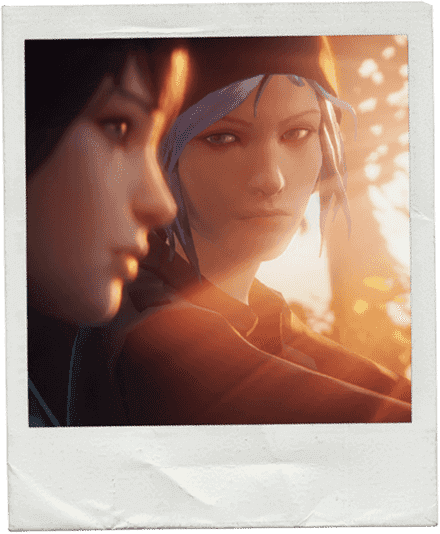Sexism In Video Games: France Weighs Financial Incentives For Diversity
Sexism has been a persistent problem in video gaming, and France wants to do something about it. The issue has gained mainstream coverage following the so-called Gamergate scandal, an online campaign of harassment against critics or individuals raising awareness of sexism in video games.
To fight that, the French government is exploring ways to promote strong representations of women in video games, such as financial bonuses to developers and publishers for games promoting diversity or featuring strong female characters, incentives for partnership opportunities to increase acceptance in the video game community and penalties against video games that promote violence against women by placing them in a “discrimination” category that would keep them from being advertised during prime time, Le Figaro reported Thursday.
French Minister of Digital Affairs Axelle Lemaire met with industry leaders to discuss three potential incentives for developers to create more games with strong female characters. A spokesperson for Lemaire said the discussions were still in the early stages, the Verge reported.
Lemaire cited three games from French developers that promoted strong female characters. The indie episodic game “Life Is Strange,” whose main character is female, was praised for its strong character development. “Beyond Good and Evil,” released in 2003 by Ubisoft, follows Jade, an investigative reporter. The highly anticipated “Dishonored 2” gives players the choice of playing the game as either a male or female character.
Other games offering character creation modes, such as “Tom Clancy’s The Division” or “Fallout 4,” could be viewed as promoting diversity by giving players the choice to play as a male or female character. The recent move by “The Sims” to remove gender-specific categories also promotes diversity in video games.
The rebooted “Tomb Raider,” written by Rhianna Pratchett, stars a young Lara Croft before she became a legendary treasure hunter and focuses on her journey rather than her beauty.
A franchise such as “Uncharted,” whose first three games were directed by Amy Hennig, could be another example of promoting strong female characters even though the main character is male. Elena Fisher is an accomplished journalist who is written as a well-developed character without being a damsel in distress.
Based on the proposed incentives and punishments being explored by Lemaire, “Dead or Alive Xtreme 3” could be considered discriminatory. The game, featuring women in bikinis playing volleyball, has been thoroughly panned by critics for its terrible gameplay and sexist portrayal of women.

© Copyright IBTimes 2025. All rights reserved.






















